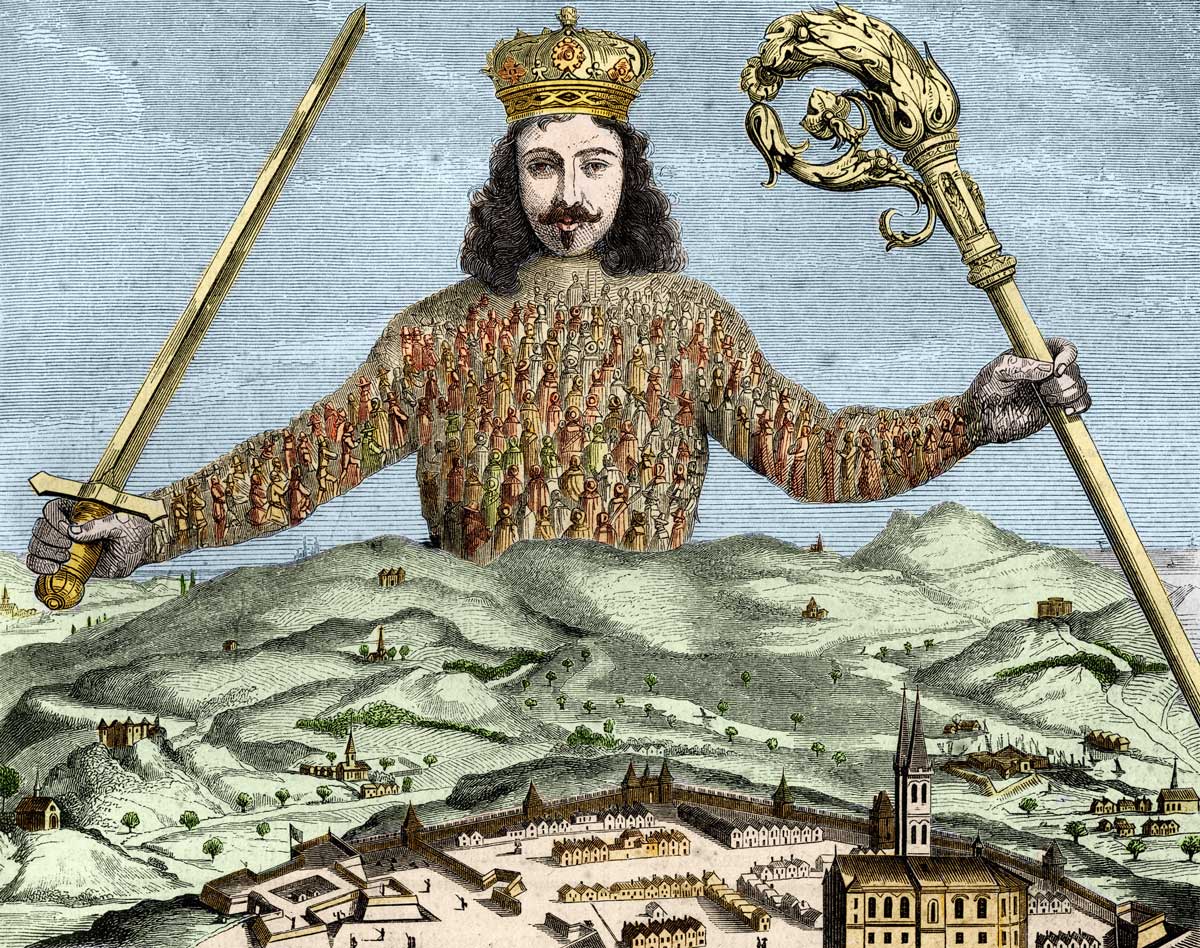State of the Nation | History Today - 2 minutes read

Sometimes history accelerates, and it can do so in reverse. Much has been written and will be for a long time to come about the crisis caused by Covid-19, but one thing is certain: the nation state is back and, judging by the scale of intervention, at its most Leviathan, certainly across the developed world.
I didn’t think I would be writing about Thomas Hobbes again this month, but the great political philosopher of the 17th century feels like the man of the moment. Hobbes recognised that fundamental things apply in a time of crisis.
Though a monarchist by inclination – Hobbes tutored the exiled Charles Stuart in mathematics – he justified his shift of loyalty to Oliver Cromwell’s Protectorate, having learnt a key lesson during the Civil Wars: that the deciding factor in politics is the need for a state with the power to govern. ‘The obligation of subjects to a sovereign is understood to last as long and no longer, than the power lasteth by which he is able to protect them. For the right men have by nature to protect themselves, when none else can protect them … the end of obedience is protection.’
The EU, in the face of the tragedy unfurled in Spain and Italy, with its members adopting wildly different strategies, looks, in the words of the Guardian’s economics editor Larry Elliott, like ‘a project for the good times’. Global organisations such as the World Health Organisation and the United Nations are barely even that. Citizens are reverting to loyalties long established, if only out of self-interest, as Hobbes realised. John Aubrey records that Hobbes, while walking along London’s Strand, handed sixpence to an elderly beggar.
A cleric, probably aware of claims that Hobbes was an atheist, asked him: ‘Would you have done this if it had not been Christ’s command?’ Hobbes replied: ‘I was in pain to apprehend the miserable condition of the old man, and now my alms giving him some relief doth also relieve me.’ Hobbes, it is often forgotten, blended a cold eye with compassion, as does any sovereign state worth the name.